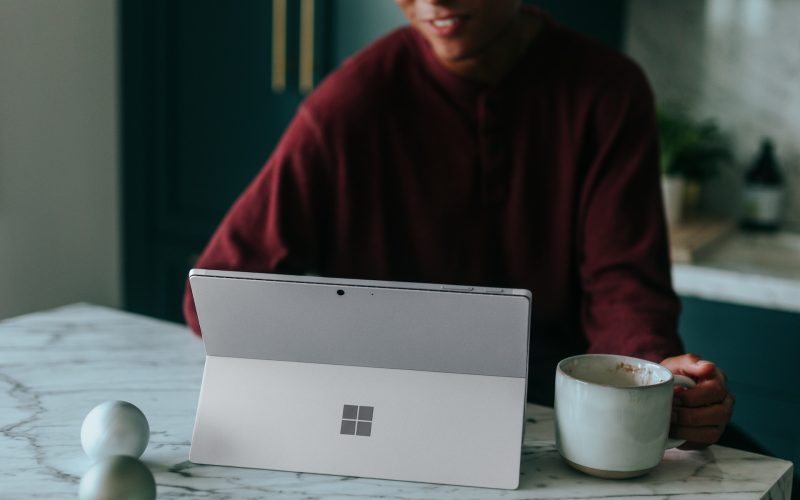The proposed acquisition of Activision Blizzard by Microsoft is facing increased scrutiny from antitrust watchdogs as regulators intensify their examination of the deal. With the agreement valued at a staggering $68.7 billion, regulatory authorities are closely evaluating the potential impact on competition and consumer welfare, signaling potential challenges for the successful completion of the transaction.
The Power Play
Microsoft’s pursuit of Activision Blizzard, a major player in the gaming industry known for popular franchises like “Call of Duty” and “World of Warcraft,” has generated significant attention. The acquisition, if approved, would solidify Microsoft’s position as a dominant force in the gaming market and reshape the industry’s landscape.
Potential Benefits
Supporters of the deal highlight several potential benefits that could arise from Microsoft’s acquisition of Activision Blizzard. Firstly, it would grant Microsoft access to a wide range of well-established game franchises, enhancing its ability to attract and retain gamers within its ecosystem. The merger could also foster collaboration and innovation, leveraging Activision Blizzard’s expertise and creative talent to deliver exceptional gaming experiences.
Moreover, the agreement could strengthen Microsoft’s competitive edge against rivals like Sony and Amazon in the ongoing battle for market dominance. By consolidating resources and intellectual property, Microsoft would be better positioned to invest in cutting-edge gaming technology and offer enhanced services to its user base.
Intensified Antitrust Scrutiny
However, the proposed acquisition has triggered intensified antitrust scrutiny and raised concerns among regulators. Given Microsoft’s substantial market presence, particularly through its Xbox gaming division, the acquisition of Activision Blizzard has raised questions about potential anti-competitive practices and the concentration of market power.
Critics argue that Microsoft’s increased control over key gaming franchises and platforms could stifle competition, limit consumer choice, and potentially lead to higher prices for games and gaming services. Additionally, there are concerns about the impact on game development studios within Activision Blizzard, as mergers often result in organizational changes and potential job losses.
Watchdogs on Alert
In light of the significant impact the proposed acquisition could have on the gaming industry, regulatory authorities are closely monitoring the situation. Antitrust watchdogs will carefully assess whether the merger would substantially reduce competition and harm consumer welfare.
Regulators will evaluate the potential consequences for other industry participants, including independent game developers and competing platforms. If the acquisition is deemed to be anti-competitive, authorities may impose conditions or even block the deal to ensure fair competition and protect consumer interests.
Shaping the Gaming Landscape
The outcome of the Microsoft-Activision Blizzard deal has the potential to shape the future of the gaming industry. If the agreement goes through, Microsoft would gain substantial influence, boasting an extensive collection of exclusive titles and a larger user base. This could drive innovation, enhance gaming experiences, and increase competition among industry players.
However, striking the right balance between consolidation and maintaining a competitive environment is crucial. The gaming industry thrives on diversity, creativity, and consumer choice, and any significant acquisition must carefully consider these factors to ensure the long-term health and vibrancy of the market.
Conclusion
The Microsoft-Activision Blizzard deal is facing heightened scrutiny from antitrust watchdogs, presenting potential challenges to its successful completion. While the agreement holds the promise of improved gaming experiences and technological advancements, it also raises valid concerns about market concentration and reduced competition.












